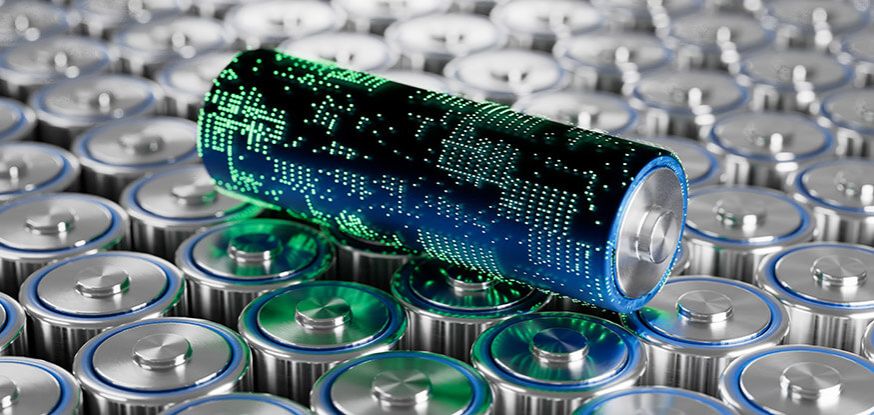This demand underscores the growing global transition to electric vehicles (EVs) and the adoption of more sustainable transportation solutions.
“Batteries are the cornerstones of the e-mobility transition, enabling efficient, sustainable, and reliable transportation solutions,” Anand stated. “As we accelerate towards a greener future, developing and deploying cutting-edge energy storage technologies is crucial.”
Addressing the Demands of the E-Mobility Sector
To address the growing need, scaling and stabilizing battery cell manufacturing should be paramount, ensuring India’s energy independence and success in decarbonization goals.
Anand emphasized the critical role of the Production Linked Incentive (PLI) scheme, stating, “By incentivizing local manufacturing and innovation, the PLI scheme not only strengthens our capacity to produce high-quality batteries and EVs but also instills a sense of optimism about India’s potential to lead the global e-mobility landscape, reducing dependence on imports, and boosting economic growth.”
The Indian government’s commitment to advance the country’s EV sector is further supported by the PM Electric Drive Revolution in Innovative Vehicle Enhancement (PM E-drive) initiative, which has allocated 2,000 crore Indian rupees to develop fast-charging systems.
This initiative aims to accelerate EV adoption to establish a cleaner, more sustainable transportation landscape in India.
The rising demand for sustainable technologies, such as battery manufacturing, recycling, and charging infrastructure, demonstrates India’s growing mobility sector and its vision to become a global export hub for EVs and advanced batteries.


















